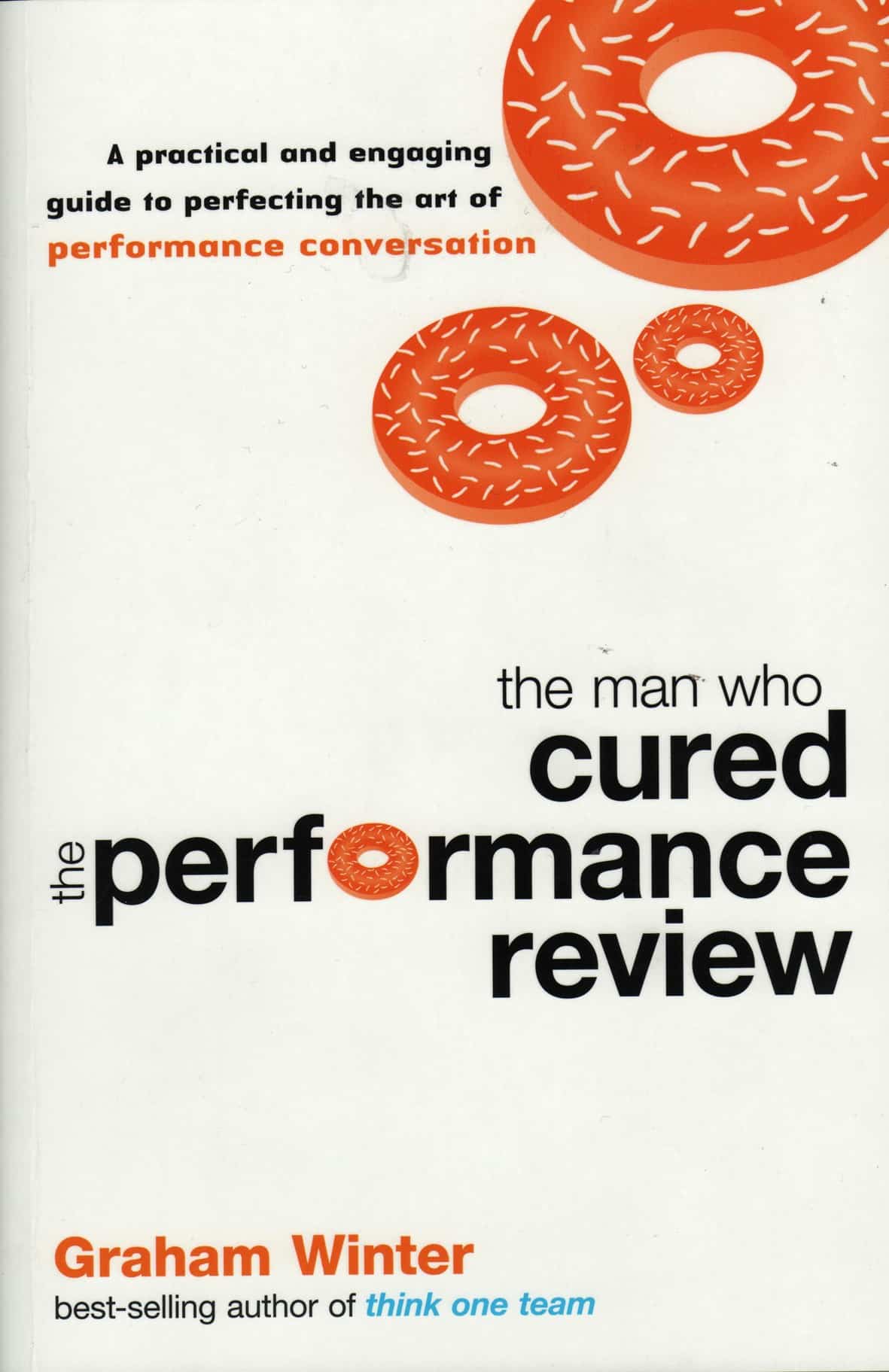A few posts back the productivity priorities of Australian employer groups toward OHS harmonisation were noted, particularly that of the Australian Chamber of Commerce & Industry.
On 25 August 2009, Australia’s Workplace Relations Minister, Julia Gillard, addressed the 15th World Congress International Industrial Relations Association. The Minister mentioned OHS and said:
“So, our new workplace relations system is now up and running. We are close to reaching agreement with State Governments to end the fragmentation of the past and have the entire private sector by the one national workplace relations system.
Additionally, for the first time ever, after a 25-year wait, Australian businesses and workers are close to having a uniform national occupational health and safety laws. A massive step forward in achieving a seamless national economy that Australia needs to release lasting and much-needed productivity improvements.
But the legal changes are the beginning, not the end, of the reform process.
Australians should now move beyond a focus on law changes to a new focus on cultural change in the workplace. We need to build partnerships between management and workers and their unions that operate for the benefit of all.
Change of this sort is slower to take root than rapid structural reform.
It is more dependent on intangibles, including the goodwill and motivation of those who take part. But in the long run it will have an important impact on our economic prospects.
So over the coming months and years we will be looking at ways of embedding change through workplace relations, innovation and leadership practices in workplaces.” [my emphasis]
Minister Gillard talks of OHS law reform in the same productivity terms as the employer groups. This may be down to the audience at the conference and the congress’ theme as well as industrial relations being the main focus of the government’s reform agenda but it is an inclusion that, for fairness, it was worth highlighting.
Rather than taking the OHS paragraph by itself, it is telling to see the section in the speech that includes the only direct mention of OHS law reform. Minister Gillard continues to emphasise the process of establishing harmony across industrial relations as much as in OHS law.
She also is clearly up on the latest business lingo, even though some of the phrases have a cloudy definition –
- “cultural change”
- “intangibles”
- “innovation”
- “leadership”
- “collaboration”
The Minister rightly states that law reform is at the end of one process but often at the start of a far more difficult reform process. There is no guarantee that the new OHS will have a smooth entry and, as with any law, the best test for its suitability is in the Courts, sadly.

 who was the chief psychologist for the Australian Olympic team and is now an author and business adviser. In August 2009 he has a book released entitled “The Man Who Cured the Performance Review”.
who was the chief psychologist for the Australian Olympic team and is now an author and business adviser. In August 2009 he has a book released entitled “The Man Who Cured the Performance Review”.


